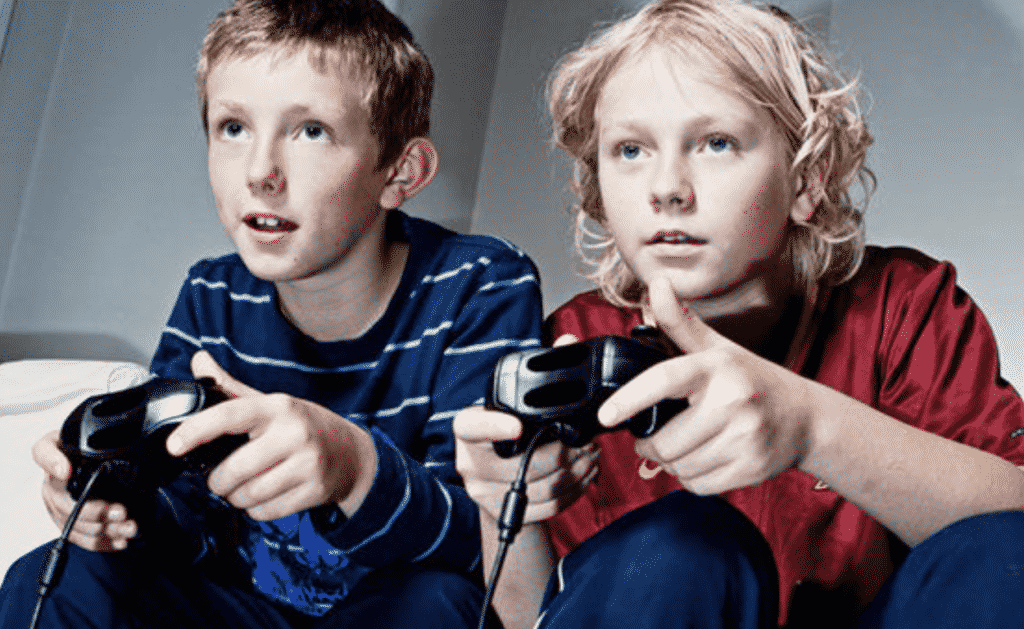Playing computer games, including fierce shooter games, may help kids’ learning, wellbeing, and social abilities, as indicated by an audit of examination in American Psychologist.
The investigation comes out as discussion proceeds among clinicians and other wellbeing experts in regards to the impacts of fierce media on youth. An APA team is leading an exhaustive audit of examination on viciousness in computer games and intelligent media and will deliver its discoveries not long from now.
“Significant examination has effectively been led for quite a long time on the adverse consequences of gaming, including enslavement, melancholy and animosity, and we are positively not proposing that this ought to be overlooked,” says Isabela Granic, PhD, of Radboud University Nijmegen in The Netherlands, lead writer of the article. “Notwithstanding, to comprehend the effect of computer games on kids and young people’s turn of events, a more adjusted point of view is required.”
While one broadly held view keeps up that playing computer games is mentally sluggish, such play really may reinforce a scope of intellectual abilities like spatial route, thinking, memory, and discernment, as per a few investigations audited in the article. This is especially valid for shooter computer games, which are regularly savage, the creators found in bet777. A 2013 meta-examination found that playing shooter computer games improved a player’s ability to consider objects in three measurements similarly just as scholastic courses intended to upgrade these equivalent abilities, as indicated by the investigation.
“This has basic ramifications for schooling and profession improvement, as past research has set up the force of spatial abilities for accomplishment in science, innovation, designing, and math,” Granic says.
This improved reasoning was not discovered when playing different kinds of computer games, for example, riddles or pretending games.
Playing computer games may likewise assist kids with creating critical thinking abilities, the creators said. The more teenagers announced playing vital computer games, for example, pretending games, the more they improved in critical thinking and school grades the next year, as per a drawn-out examination distributed in 2013. Kids’ imagination was likewise upgraded by playing any sort of computer game, including savage games, yet not when the kid’s utilised different types of innovation, for example, a PC or PDA, other examination uncovered.
Straightforward games that are not difficult to get to and can be played rapidly, for example, “Irate Birds,” can improve players’ temperaments, advance unwinding, and avert nervousness, the investigation said. “If playing computer games just makes individuals more joyful, this is by all accounts a major enthusiastic advantage to consider,” said Granic. The creators additionally featured the likelihood that computer games are viable devices for learning flexibility notwithstanding disappointment. By figuring out how to adapt to continuous disappointments in games, the creators propose that youngsters construct passionate strength they can depend upon in their regular daily existences.
Another generalisation the exploration challenges is the socially detached gamer. More than 70% of gamers play with a companion, and a large number of individuals overall take part in enormous virtual universes through computer games, for example, “Farmville” and “Universe of Warcraft,” the article noted. Multiplayer games become virtual social networks, where choices should be made rapidly about whom to trust or reject and how to lead a gathering, the creators said. Individuals who play computer games, regardless of whether they are rough, that empower collaboration are bound to be useful to other people while gaming than the individuals who play similar games seriously, a recent report found.

